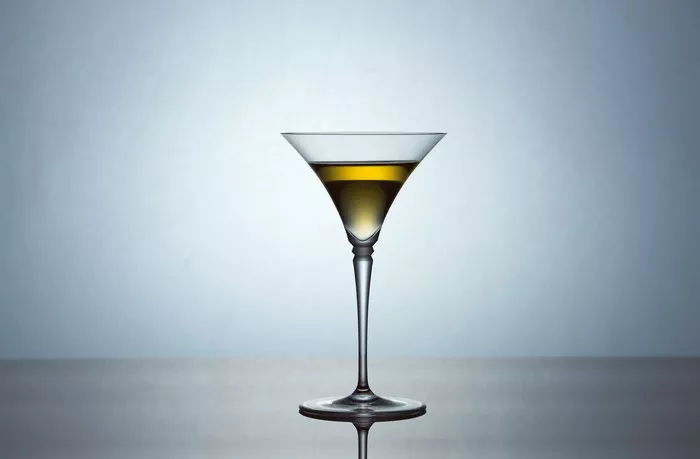When it comes to indulging in a glass of wine, particularly rosé, many individuals often contemplate its impact on their daily caloric intake. The question, “How many calories in a bottle of rosé wine 750ml,” frequently arises among those mindful of their dietary choices. Understanding the caloric content of this popular wine can be crucial for individuals aiming to balance their consumption with their health goals.
Understanding Rosé Wine: A Brief Overview
Before delving into the calorie content of a 750ml bottle of rosé wine, it’s essential to understand what makes this wine variant unique. Rosé wine, characterized by its pink or blush color, derives from red grapes but undergoes a shorter fermentation process with the grape skins. This brief skin contact imparts the wine’s distinct hue and lighter body compared to red wines.
In general, the caloric content of wine, including rosé, primarily stems from its alcohol and residual sugar content. As such, deciphering the calorie count of a 750ml bottle of rosé necessitates an analysis of these elements.
Factors Affecting Calories in Rosé Wine
The calorie count in a 750ml bottle of rosé wine can fluctuate based on several factors. Primarily, the alcohol by volume (ABV) and residual sugar content significantly influence the overall caloric value.
Alcohol, containing about 7 calories per gram, constitutes a significant portion of the calories in wine. A higher ABV implies more alcohol, consequently increasing the wine’s calorie count. Conversely, residual sugar, though contributing to the sweetness and body of the wine, also adds to its caloric content. Sugar contains approximately 4 calories per gram, meaning higher sugar content elevates the wine’s overall calorie count.
Caloric Content of Rosé Wine: Breaking Down the Numbers
Determining the exact calorie count in a 750ml bottle of rosé wine necessitates assessing various factors, including its ABV, sugar content, and serving size. On average, a 5-ounce serving of rosé wine contains approximately 120-130 calories. However, extrapolating this to a 750ml bottle requires considering the number of servings within the bottle.
A standard 750ml bottle typically holds about 5-6 glasses of wine (based on a 5-ounce serving). Therefore, if each 5-ounce serving amounts to roughly 120 calories, a full bottle could contribute between 600 to 720 calories from the wine alone.
However, variations in ABV and residual sugar among different rosé wines can significantly impact this estimate. Wines with higher alcohol content or greater residual sugar levels will likely contain more calories per serving, potentially exceeding the average calorie count.
To accurately gauge the caloric content of a specific rosé wine, consulting the wine label or producer’s information can provide insights into its ABV and residual sugar levels. This information allows for a more precise estimation of the wine’s calorie count per serving and subsequently per 750ml bottle.
Tips for Managing Caloric Intake with Rosé Wine Consumption
For individuals mindful of their caloric intake but still desiring to enjoy a glass or two of rosé wine, several strategies can assist in managing consumption:
Portion Control: Moderation is key. Keeping track of serving sizes and limiting intake to one or two glasses can help control calorie intake.
Choose Wisely: Opt for rosé wines with lower ABV and residual sugar content. Wines labeled as “dry” generally have lower sugar levels, consequently reducing the overall calorie count per serving.
Stay Active: Balancing wine consumption with physical activity can help offset the additional calories. Engaging in regular exercise routines aids in maintaining a healthy lifestyle.
Mindful Pairing: Pairing rosé wine with healthier food choices, such as fresh fruits, salads, or lean proteins, can complement the drinking experience without adding excessive calories.
Alternate with Water: Alternating glasses of wine with water not only helps in hydrating but also slows down consumption, potentially reducing overall calorie intake.
Conclusion
The inquiry, “How many calories in a bottle of rosé wine 750ml,” highlights the significance of understanding the caloric content of this popular alcoholic beverage. While a 750ml bottle of rosé wine may contain between 600 to 720 calories on average, this figure can fluctuate based on the wine’s specific ABV and sugar levels.
For individuals mindful of their caloric intake, employing moderation, choosing wines with lower ABV and sugar content, and balancing consumption with physical activity can aid in managing the impact of rosé wine on one’s dietary goals. By being conscious of portion sizes and making informed choices, individuals can savor a glass of rosé wine while maintaining a balanced and healthy lifestyle.


